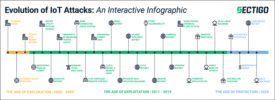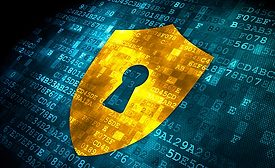Cybersecurity News
The Expanding COVID Attack Surface
How We Can Come Together to Defend Against Cyberattacks to Emerge Stronger
May 28, 2020
Sign-up to receive top management & result-driven techniques in the industry.
Join over 20,000+ industry leaders who receive our premium content.
SIGN UP TODAY!Copyright ©2024. All Rights Reserved BNP Media.
Design, CMS, Hosting & Web Development :: ePublishing











